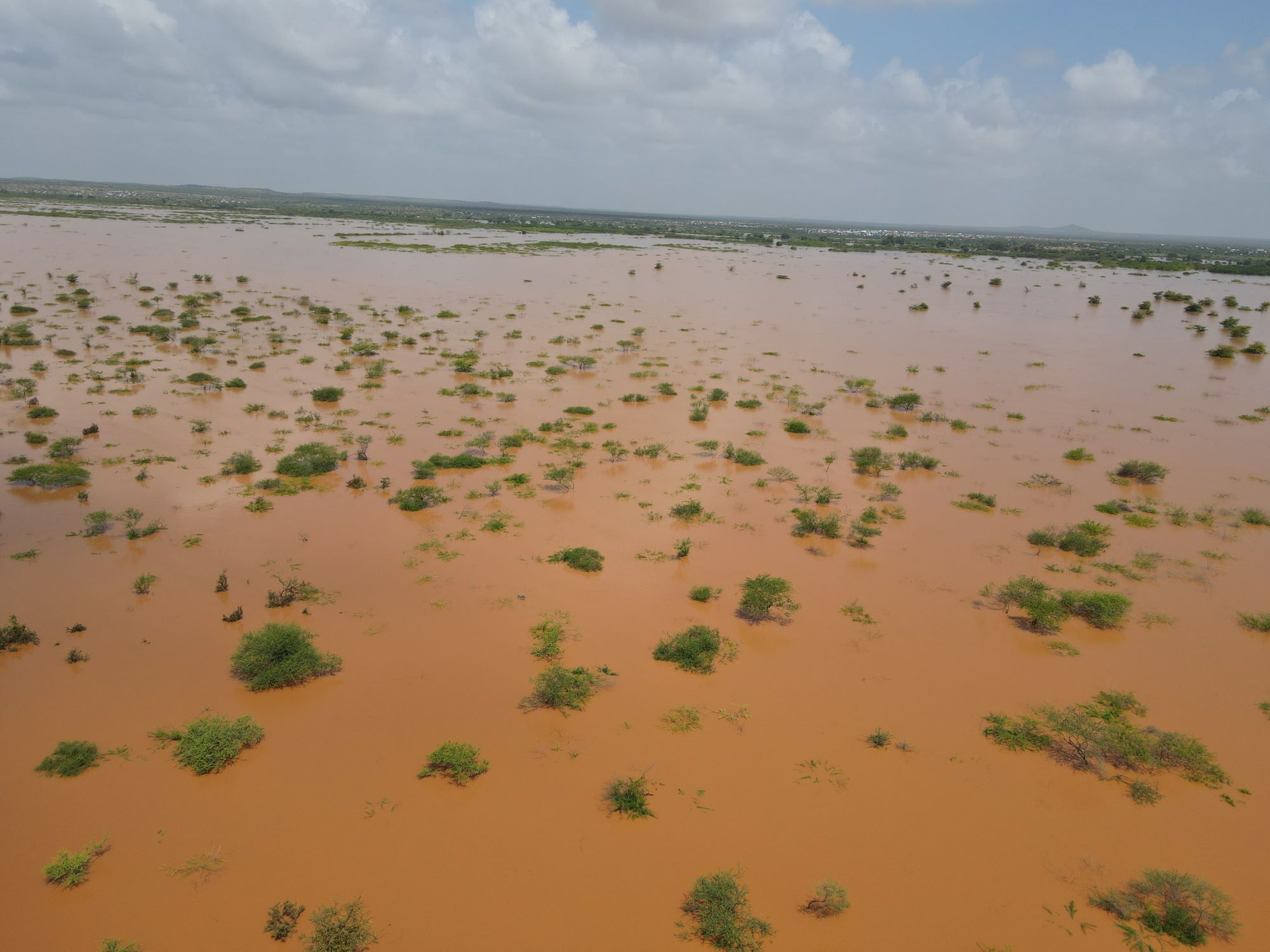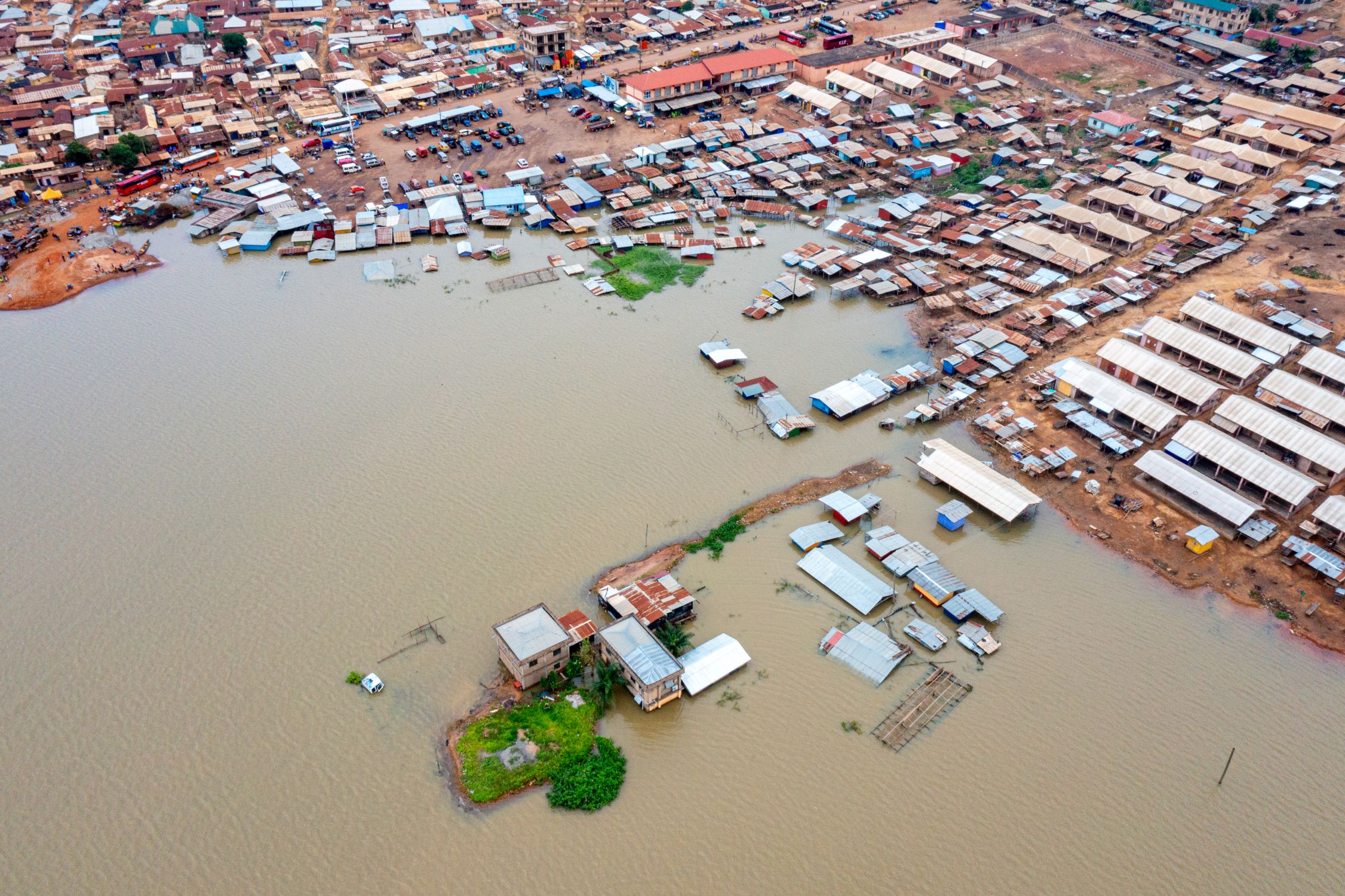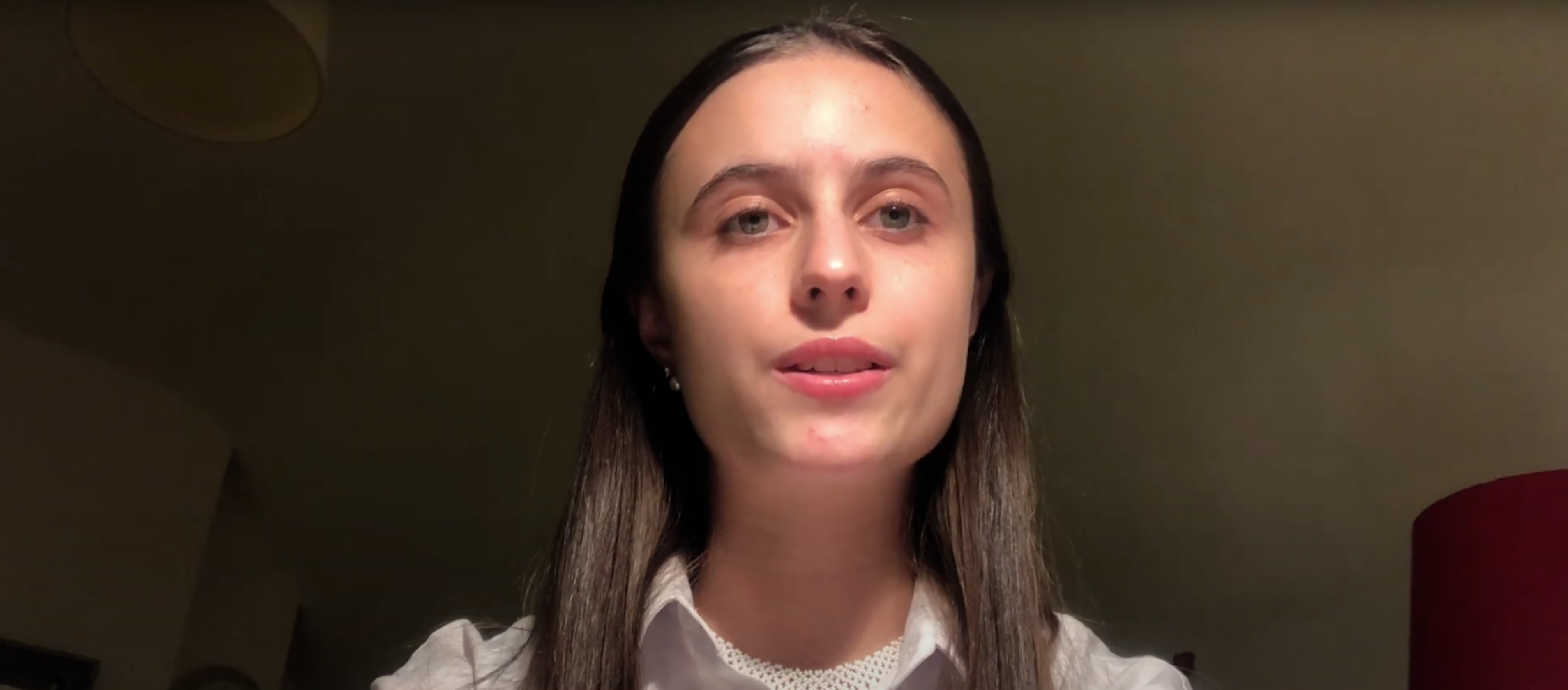World Vision UK shines light: The impact of Escalating Climate Shocks for Children in the Middle East
Press Release, 12 December - On today's COP28 theme day "Empowering Youth for a Green Future: Fostering Green Competencies and Collaboration”, World Vision UK is drawing attention to the dramatic situation for youth in the Middle East. According to the NGO’s report "Growing up in the Climate Crisis", children and young people in the Middle East report significantly more frequent "climate shocks" such as sandstorms, heat waves and water shortages.
The Middle East, with its climatic hotspots Syria, Iraq, Jordan, Lebanon and the West Bank, has been suffering particularly badly from the consequences of the climate crisis for years. Extreme heat, more frequent and intense sandstorms, droughts and reduced rainfall are increasingly affecting the region, which suffers from chronic water shortages and is already warming twice as much as the global average. This, in turn, is having a disproportionately detrimental impact on children.
Jason Garret, resilience expert at World Vision UK, says: "Climate change in the Middle East region is having a negative impact on children in several ways. Firstly, it affects their health through extreme temperatures, hunger and water shortages. But there are also indirect consequences. For example, many children and young people are unable to attend school regularly because the paths are destroyed by flash floods."
The World Vision report, which surveyed 1,095 children and young people in five countries in the Middle East, also shows that climate change increases food insecurity and makes access to water more difficult. In Syria and Lebanon, over 90% of children and young people say they receive less food than they need, followed by Iraq and the West Bank with around 70%. In addition, an average of 94% of those surveyed stated that they had difficulty accessing drinking water.
"Lately the weather has become very warm, and the water doesn’t reach the agricultural lands, and we lost our crops. That’s why my father was forced to sell some of our land. To make up for the loss. All this is happening because of climate change. I wish world leaders would find a solution for it so we can return to a normal life," Mugdam, 16, from Iraq.
In the report, many young people expressed their desire not to give in to climate change but to proactively transform their concerns and fears into solution-oriented and collective action. However, there is a lack of suitable platforms and opportunities that allow them to get involved.
David Westwood, Director of Policies and Programmes at World Vision UK, adds: "Governments, cities and municipalities, as well as aid organisations, must involve children and young people at all levels of climate policy and decision-making. This still happens far too rarely, even though their generation, and future generations, will bear the brunt of what adults have done."
ENDS
For media inquiries, please contact: karla.harvey@worldvision.org.uk




